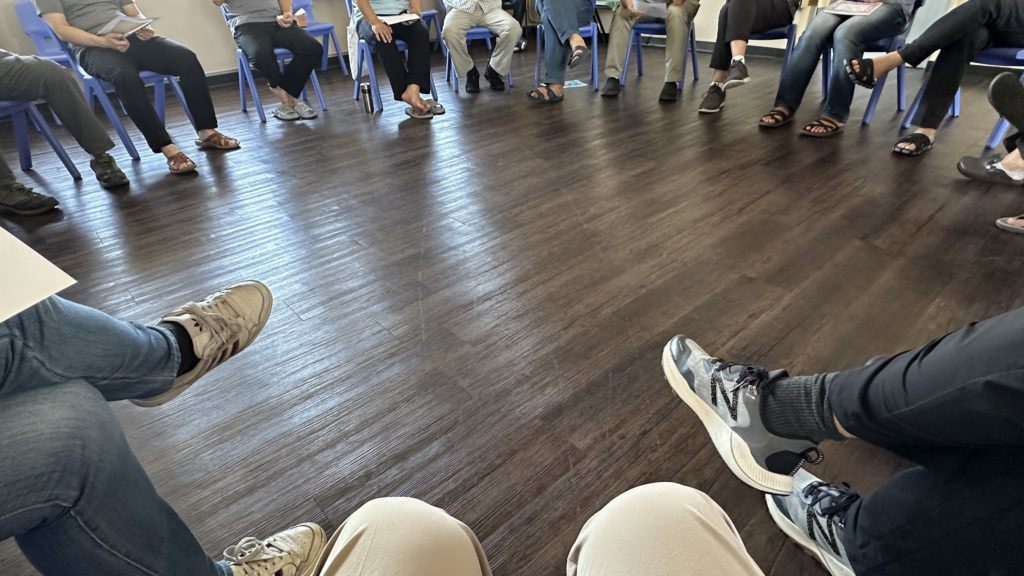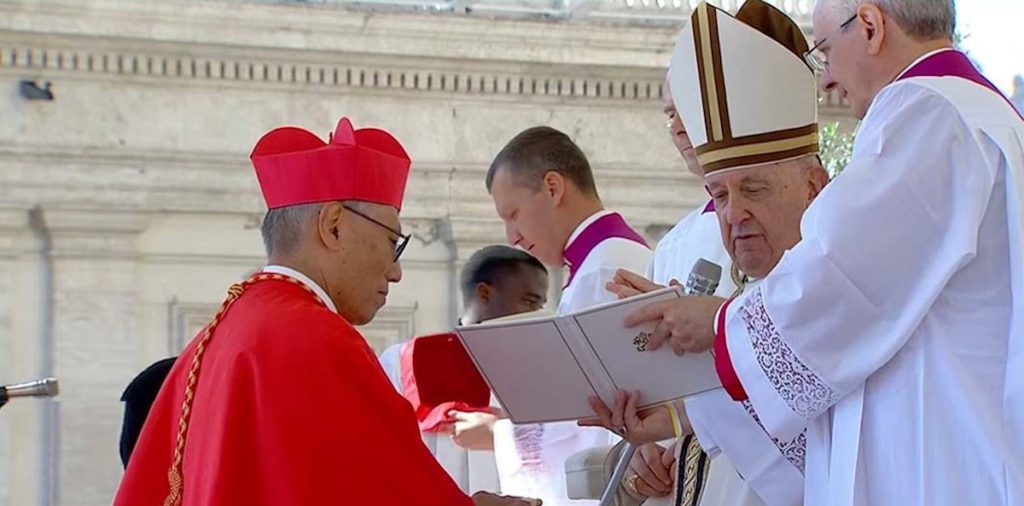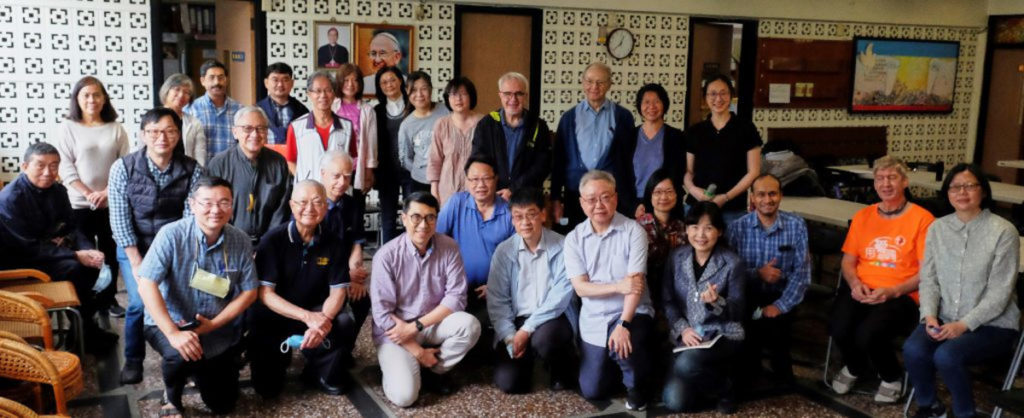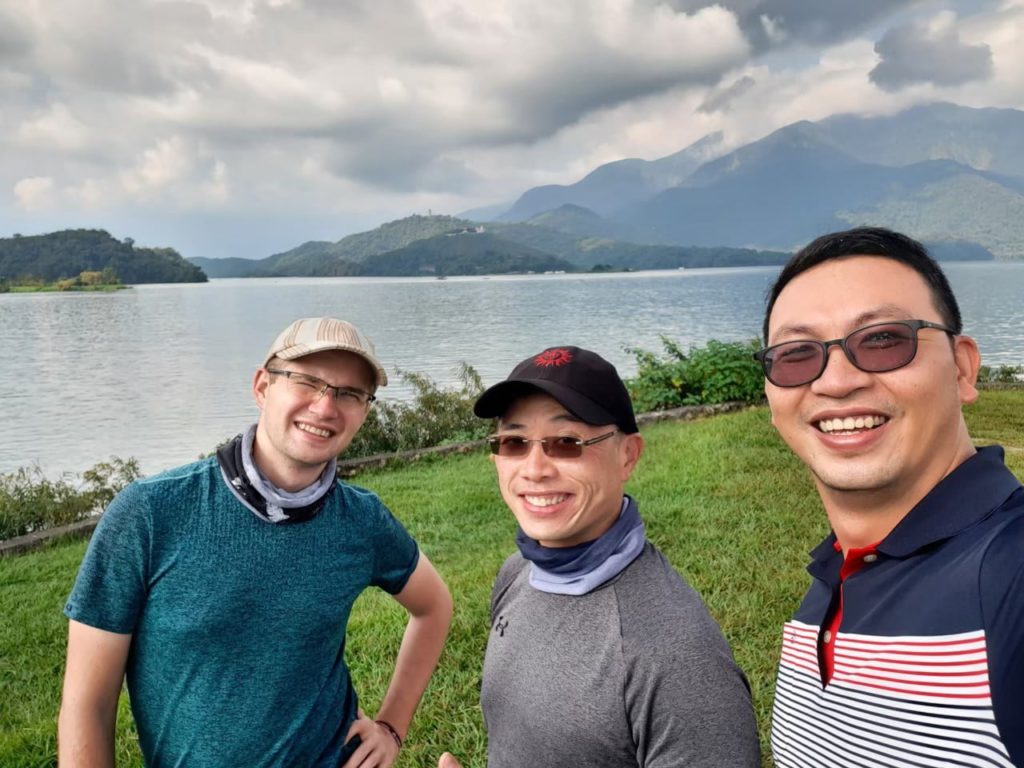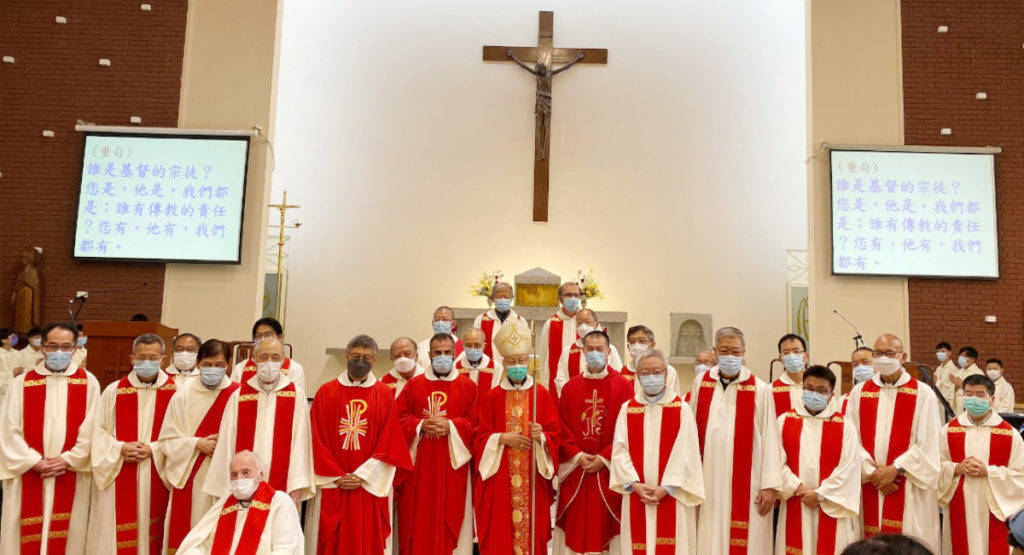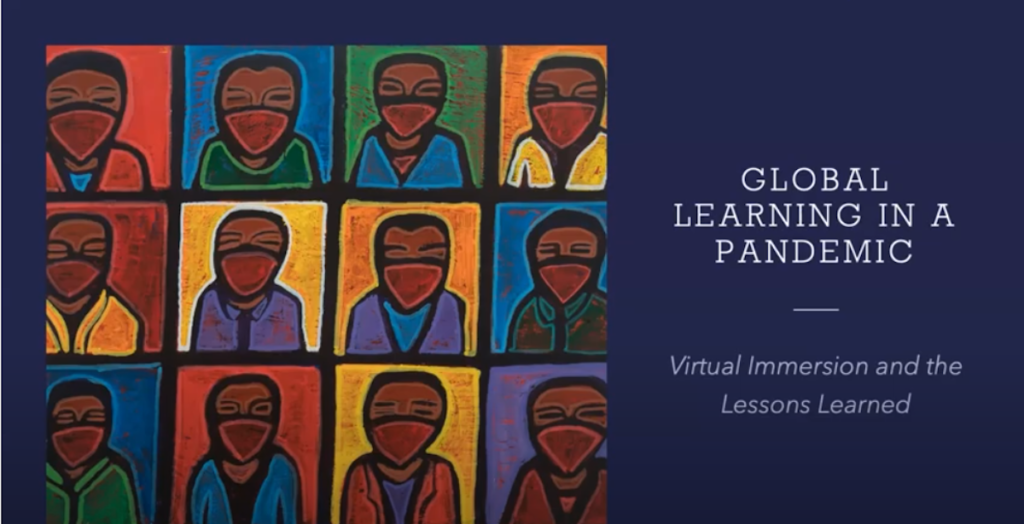As the pandemic situation eased and border controls relaxed, nearly 20 young Jesuit priests who are in apostolic ministries of the Chinese Province met on the eve of the Mid-Autumn Festival at the beautiful and serene Xavier House in Hong Kong, where they spent time in a spirit of communion while participating in a five-day workshop Continue reading “Young priests gathering of the Chinese Province: Sharing and discerning in deep brotherly friendship”
Young priests gathering of the Chinese Province: Sharing and discerning in deep brotherly friendship
Bishop Stephen Chow SJ elevated to cardinal
Bishop Stephen Chow SJ of Hong Kong was among 21 bishops raised to the rank of cardinal by Pope Francis during a ceremony at St Peter’s Square in Vatican City on 30 September. Continue reading “Bishop Stephen Chow SJ elevated to cardinal”
Strengthening the mission in the Chinese Province
The Jesuits of the Chinese Province and their mission partners in Taiwan convened at the Tien Educational Center in late March to reflect on the significant moments in the past six months, discuss the implementation of the Chinese Province Apostolic Plan 2022-2029, and explore ways to improve networking and collaboration Continue reading “Strengthening the mission in the Chinese Province”
Finding God in the midst of hard work
The Arrupe Month is a time of grace for Jesuit scholastics. In addition to the eight-day retreat, participants have the opportunity to meet different people and listen to their vocation stories, to discuss a wide range of topics, from Ignatian Spirituality to the issues of the Church, from the longing of the faithful to the experience of waiting for a mission. This rich exchange is very helpful for scholastics in reflecting on our vocation. They help us to pray and go deeper into our own spiritual experiences.
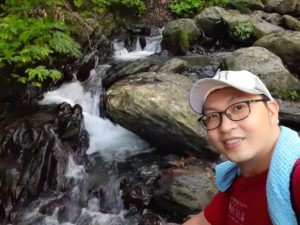 In the evenings, we take turns sharing our vocation stories through prayer and reflection. This brought me a greater sense of understanding and sympathy. It also gave me the opportunity to know myself better and reflect on how God has led me to consecrated life these last 10 years.
In the evenings, we take turns sharing our vocation stories through prayer and reflection. This brought me a greater sense of understanding and sympathy. It also gave me the opportunity to know myself better and reflect on how God has led me to consecrated life these last 10 years.
Ten years is not a short time and a lot has happened, but if I had to describe it in one phrase, it would be: Finding God in the midst of hard work.
My Provincial Superior once asked me: “Where is the easiest situation for you to find God?”
At that time, I answered: “In serving the poor and the suffering.”
This answer is real because I have felt Him through serving lepers and the mentally ill, and I have learned a lot from the poor and those in need, who have not only influenced me to know myself, but have also given me the opportunity to experience God’s love.
God’s teachings and companionship flow abundantly, and I feel God’s greatness and generosity if I open my heart and mind to be in union with Him. He continues to lead me to different people and experiences to make me realise that in the midst of suffering, sickness, and hardship, God is closer to the people. There is no need to fear or run away because we can rely on God’s strength to face and find meaning in difficulties.
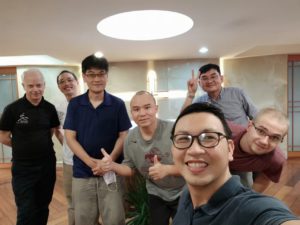 During the Arrupe Month I had time to slowly reflect on my difficult experiences, and I was filled with many wonderful feelings. In particular, these few experiences stand out.
During the Arrupe Month I had time to slowly reflect on my difficult experiences, and I was filled with many wonderful feelings. In particular, these few experiences stand out.
I once worked in a cement factory. I was assigned in different departments, but what I remember most is the time I spent in the basement doing packaging work, standing for eight hours a day. It was really challenging for me. I lost four to five kilograms, but it was a most rewarding moment when I felt the presence of God. Working in an environment where I could not get enough food, clothing, and water was the closest I felt to God.
I also spent time in a psychiatric centre helping care for about 200 patients. I was physically and mentally stretched to my limit, but it was there that I saw God’s miracles in the life of my patients.
Currently I am studying theology, and there are many hard parts in being a student. From my experience, it seems that the more demanding a teacher is and the more challenging the exams are, the more fruitful the class becomes.
In Taiwan, I often hear the phrase “you’ve worked hard” to encourage and comfort others, which is a good habit. For me though, this phrase has taken on a different meaning, that is, “the opportunity to be with God”. I consider it a blessing that gives me much strength to face difficult and hard things.
Scholastic Peter Phạm Khánh Linh SJ from Vietnam is a third year theology student at the Fu Jen Faculty of Theology of St Robert Bellarmine in New Taipei City, Taiwan. The Arrupe Month is a period of reflection and discussion that prepares Jesuit scholastics for ordination.
Vietnamese Jesuit ordained deacon in Taiwan
Michael Nguyen Phuoc Bao Dai Loi SJ from Vietnam was ordained to the diaconate in the chapel of the Fu Jen Faculty of Theology of St Robert Bellarmine in New Taipei City on 21 August. The Most Rev Thomas An-Zu Chung, Archbishop of Taipei, was the ordaining prelate.
Deacon Loi, 38, was born in Hue in central Vietnam. Before entering the Society of Jesus in 2008, he studied sociology at Ho Chi Minh City University of Social Sciences and Humanities. He was sent to Taiwan for his Regency and later for theology studies at St Robert Bellarmine School of Theology.
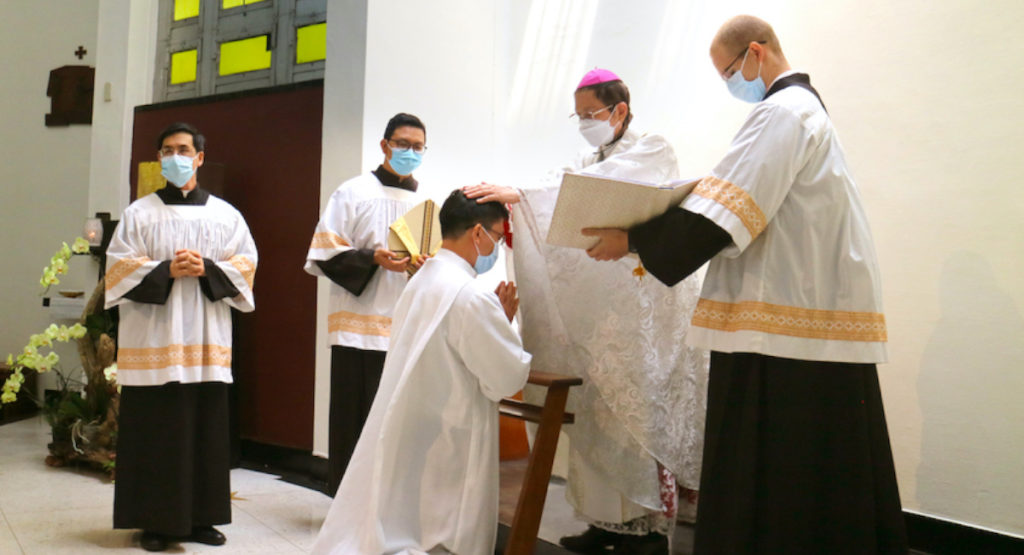
Some little thoughts
I am to be ordained tomorrow. It is now 22:19, 13 August 2021. After finishing the first rehearsal with all the greatest altar boys of Wah Yan College Hong Kong and Wah Yan College Kowloon, I received one WhatsApp message from a friend in Rome. The message read: “Congratulations Fr Philip! We offered a Mass for your ordination today!” I laughed in my room not because my friend was confused about the date and time of my ordination, but because the message was the only “other kind” I had received throughout the entire day; the others had all been about the logistics and revisions of the logistics of the ordination. I feel extraordinarily grateful for this message: It is not an error, but a blessing because it reminds me that I have friends from all over the world!
A year ago, when I was just ordained as a deacon and missioned to study Canon Law in Rome, I could not foresee the highs and lows of the year. I thought, well, it would be difficult, but I would never have thought it would be so “different”.
It was different in many senses. For example, language was different. I had to pass an exam in Italian before I could register in the school, and I had only three months to improve from level zero to level B1. The community was different. We spoke only Italian during breakfast and lunch – even when sometimes during breakfast I was not yet fully awake. The class was different; the professors started from the Codes written in Latin and tried to explain them in Italian.
Thank God for a great Italian teacher, who is also a good friend of the Jesuits in Rome. She treated me more like her son instead of her student. This is not an exaggeration, because later, when I got sick with Covid, she sent me a huge box of famous Italian handmade chocolates (that I would never have dared to use my allowance to buy). Though I had eaten all of them, I still have the box. And when I see the box, from time to time, it makes me want to cry.
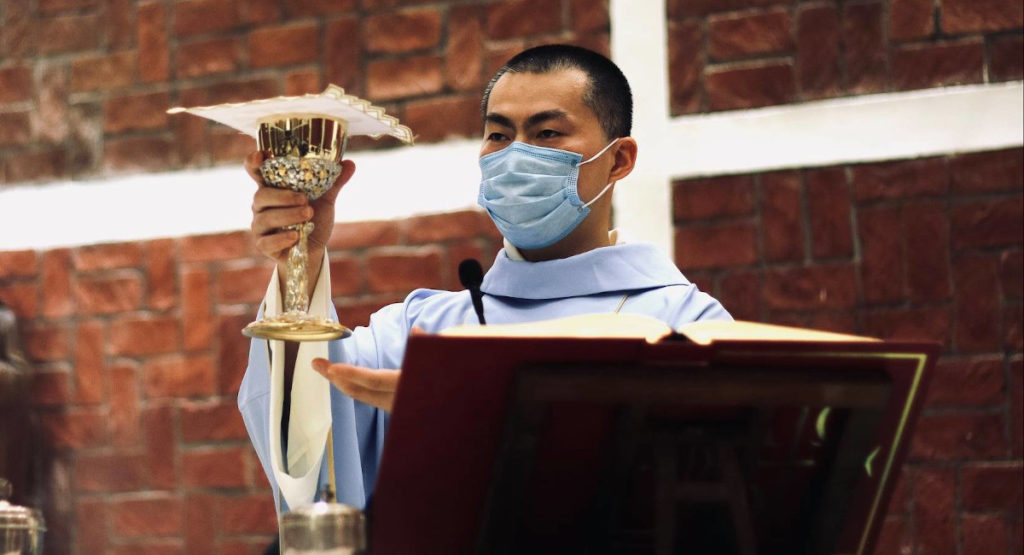
Also, I had great professors. I will not name them because they are very truly Jesuit professors. For example, Fr G has a strong Spanish accent even when speaking Italian. At first, I worried because I knew neither Italian nor Spanish, but one time he gave me a whole extra hour so that I could ask my questions and finally finish a deadly assignment. From him, I learned more than knowledge. Besides, we also had Fr R, who gave perfect notes and checked every lesson in our study, from the correct pronunciation of a Latin word to the right understanding of each Canon Code. He was always full of courage after commenting on many codes. He would say, “According to me, this code is USELESS!” It may seem like a sarcastic joke, but he was showing us real “critical thinking”.
Moreover, I had best friends. When my PCR test came back “positive”, my mind blanked out momentarily. Then I took a breath, collected the things I would need, and moved to the room for quarantine. It was not a bad room – in fact, it was on the first floor with a window that opened to the “cortile” (courtyard) of Bellarmino. On the second day many came to visit. They would stand in the cortile, and I would appear in the window. A little whim came to me, so I started to bless them by making the sign, which made all of us laugh. I guess you must laugh, too, if you can imagine because I just made myself like the Pope, who would bless the pilgrims from his window.
Thus, I did not find a big space for me to grieve or to be sad because I got sick. Fr Provincial sent me a message of encouragement, telling me to “be courageous because you are now part of the millions who are also suffering”. I thought: “That’s right. To be a Jesuit is not like having a magic shield that can protect us from the struggles of all others.” So I wrote him a letter in which I included all the names of those who had treated me so well since I arrived in Rome. Interestingly, as I was writing this letter, my fear and worry slowly faded away. I guess that’s what Fr George Yeung, Fr Mon Bautista, and Fr Chris Dumadag (my novice masters) taught me about gratitude: It defines our lives in front of God, and it can change everything. In fact, since I now have the natural antibodies, I was able to take care of friends in the community who also got sick with Covid afterwards.
I am grateful for the whole year. I am to be a priest and a servant of God for life. I am happy to have reached this point because I am not alone; I am well accompanied by so many even though I am an only child. My parents are well taken care of by my friends in my hometown, though we could only communicate by WeChat, and it has not been easy for me to visit them often. I think this is the most beautiful part of my vocation, that I am here to offer my life to God, and yet He is actually the one who is preparing something greater for me.
And how to cooperate with God? I don’t know how to summarise this in one phrase, since for me, God is becoming more and more like a funny companion. He knows that I need some challenges to grow out of my fear and tendency for “controlling” situations. So I got malaria in Africa, Dengue fever in Cagayan de Oro, and Covid in Rome. (I hope the list will not grow anymore, but let’s see.) Yet, every time, He left me with a braver heart. God is my great friend.
As I end this reflection, my personal reflection continues. I remember Fr Mon who told me before my First Vows in the Novitiate to be “gentle and firm”. Now I think God is making me like that, bit by bit, with His “gentle and firm” hand leading me on.
“For God all things are possible”
Fr Clement Tsui SJ pronounced his Final Vows on 31 July at the school chapel of Wah Yan College, Hong Kong, in front of Chinese Jesuit Provincial Fr Stephen Chow SJ, and members of the Jesuit community in Hong Kong.
A native of Hong Kong, Fr Tsui entered the Society of Jesus in 2005, after working in the banking industry. He was ordained a priest in 2015. At his Final Vows, he recalled the inspiration he received from the Lord when he was discerning his vocation to join the Jesuits. It was a passage from the Gospel of Mark: “For human beings it is impossible, but not for God; for God, all things are possible” (Mk 10:27).
Now 16 years later, on the feast day of St Ignatius of Loyola, he shared: “I felt consoled when I professed my Final Vows. It was a blessing for me and my community in Hong Kong.”
Apart from his family and friends, Fr Tsui also invited a group of young men to participate in the Mass. “I hope to be an empathic role model for them,” he said, “so more young men may consider joining the Society of Jesus.”
Fr Tsui is currently the School Chaplain of Wah Yan College Hong Kong and the Chairman of the Education Commission of the Chinese Jesuit Province. He is also the Assistant for Youth Ministry in Hong Kong. His latest mission is as Supervisor of Wah Yan College, Hong Kong and Wah Yan College, Kowloon, succeeding Fr Chow beginning September this year.
TBC: Caring for Our Common Home -Virtual Event Recap
On July 16, 2021, TBC held its series event East Meets West Talks, bringing together a diverse group of speakers who shed light on a pressing global issue – environmental destruction and Caring for our Common Home – planet Earth. Read more below or watch the full event recording here. Continue reading “TBC: Caring for Our Common Home -Virtual Event Recap”
In TBC’s “East Meets West”, Jesuit universities in US and Philippines reflect on service-learning
As part of its “East Meets West” talk series, The Beijing Center (TBC) hosted a virtual conversation with Loyola Marymount University in California, Ateneo de Davao University in southern Philippines, and Five Loaves and Two Fish, a Beijing-based organisation supporting children of migrant families. The conversation centred around the importance of service-learning as community involvement and student engagement in Jesuit education.
Interim Director of the Center for Service and Action at Loyola Marymount University, Patrick Furlong, began the discourse by recollecting the virtual immersion at the university and how students are connecting their passions and interests with social issues through community participation. Furlong described the service-learning approach through a global citizen lens, where students are encouraged to learn in and out of the classroom in order to use their knowledge and contribute to the betterment of the world.
Loyola Marymount University has established immersion programmes to meet their students’ need for authentic encounters, which have become progressively necessary during the ongoing pandemic. As part of these immersion programmes, students and educators participate in virtual activities that satisfy cultural curiosity, offer a safe space for reflection, and increased awareness of formative social issues.
Another service-learning perspective is practised at Ateneo de Davao University. Agnes Joy J Sagaral, Service-Learning Coordinator at the Arrupe Office of Social Formation, stressed the equal importance given to the learning goal and the service goal throughout each service initiative at Ateneo. In implementing these programmes, service-learning is framed by the Ignatian Pedagogical Paradigm. It follows a framework, where students are first provided with the context, followed by experience, reflection-action, and, finally, evaluation. An important part of the programme is the recognition given to the assisting partners and the results of their efforts in serving Asia-Pacific communities.
Fr Johnny Rakotoarisoa concluded the discussion by describing Five Loaves and Two Fish’s service efforts. As Programme Coordinator, Fr Rakotoarisoa shared the education and developmental support they provide for children of migrant families. Children are taught and cared for by dedicated volunteers, who maintain the facilities and accumulate resources to meet the children’s needs while they are in their care. Many of the organisation’s service-learning components have been a part of TBC students’ service-learning experience for years. Students have seen first-hand how children need a stable learning space as their families adjust to new lifestyles to make a better living.
An inquiry that arose from the audience was how service-learning will progress and evolve – virtually and in-person. This drew attention to the new challenges and opportunities of immersion programmes and the unfulfilled potential to do more for our communities. How, through risk, trial and error, and the use of valuable resources, service-learning initiatives can strengthen the cultural life and economic development of respective communities while shaping students into proactive and compassionate citizens.
The Beijing Center holds Virtual Internship Showcase for students
The Beijing Center (TBC) hosted a Virtual Internship Showcase to recap the student-interns’ experiences during their Fall 2020 semester. TBC began offering virtual internship experiences to students interested in China and its growing business market as one way of adapting and modifying educational methods with the development of the global pandemic.
On 21 December, working professionals, professors, and TBC staff had the opportunity to hear from student-interns from Marquette University in Wisconsin, USA, and Sanata Dharma University in Yogyakarta, Indonesia about their individual experiences working with the World Wildlife Fund (WWF) and Glue Up (formerly EventBank).
The students shared their internship work and how it has contributed to improving their skills and giving them an upper hand in continuing their studies. A common topic was how they learned from a different country and company culture and how to communicate better when working with people in different time zones.
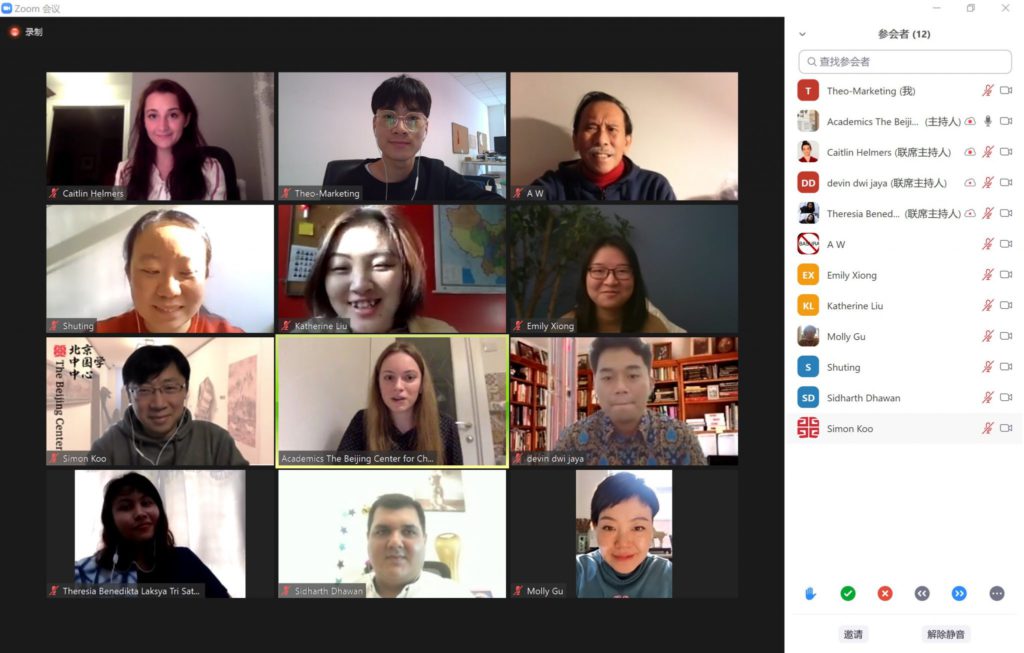
The showcase presentations concluded with a Q&A session from the audience. One of the supervisors commented on the challenges and blessings that virtual internships can bring during this particular time and how the experience of a virtual internship can help young professionals begin developing a solid remote work ethic and learning to work independently and effectively outside of the office environment.
This was the second time TBC held a Virtual Internship Showcase, the first being in summer 2020.

